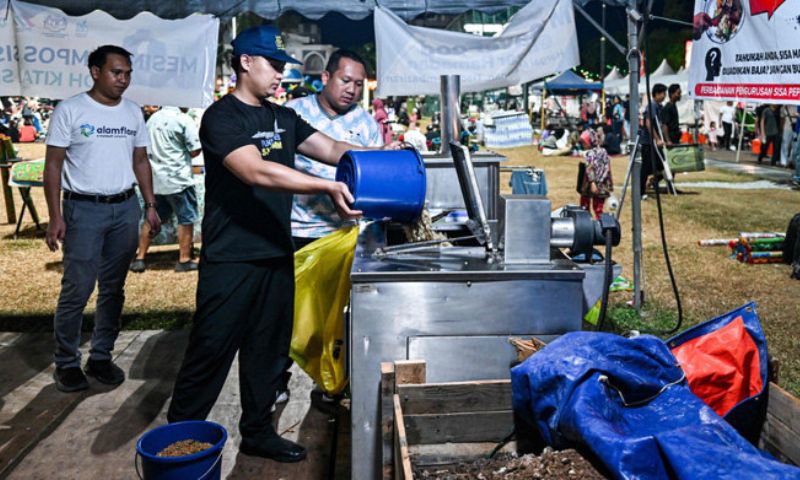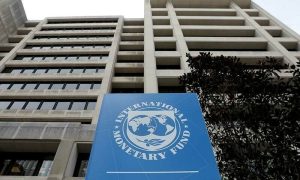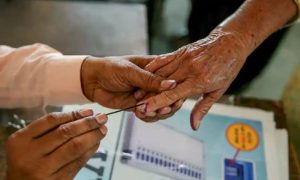KUANTAN, Malaysia: In Malaysia, after breaking their Ramadan fast outside a mosque, people are discarding their leftovers into a machine that converts food scraps into organic fertilizer for crops.
This modest government initiative, situated in the central state of Pahang, aims to combat wastage, particularly during the Muslim holy month when significant amounts of food are discarded daily.
The mobile machine has been stationed at a park in the heart of the state capital Kuantan during Ramadan, where families gather each evening to enjoy affordable local dishes after fasting throughout the day.
According to Sharudin Hamid, the state director of Solid Waste and Public Cleansing Management Corporation, which initiated the pilot project last year, the machine processes 25 kilograms (55 pounds) of scraps daily.
Although this amount is a small fraction compared to the over 13,000 tonnes of food sent to landfills across the Muslim-majority country every day, especially during Ramadan, Sharudin emphasized that the initiative is crucial for raising awareness about food wastage.
“The main objective is to ensure that waste is diverted from landfills,” Sharudin explained to AFP.
“This project has made a significant impact, as people are becoming more conscious of environmental conservation, particularly in reducing food waste.”
Food scraps are deposited into the machine, where they are mixed slowly with rice husks and sawdust over a period of 48 hours.
The resulting brownish-colored waste is then packaged and distributed to farmers for use as fertilizer on their crops.
Abdul Shukor Mohamad Salleh, 27, who was purchasing local delicacies at a Ramadan food market in Kuantan, highlighted the natural cycle involved: “Things that grow from that fertilizer can again become food, which can then be composted into fertilizer. So, there’s a natural cycle.”
Zulyna Mohamed Nordin, 53, utilizes organic liquid fertilizer derived from recycled food waste on her vegetable, banana, and pineapple crops on her small plot near the city.
Receiving 30 kilograms of the fertilizer every month, and slightly more during Ramadan, Zulyna shared her positive experience: “I have stopped using expensive chemical inputs since June last year. This is natural, organic, and boosts productivity.”
“My leafy vegetables are larger and greener,” she added.
























